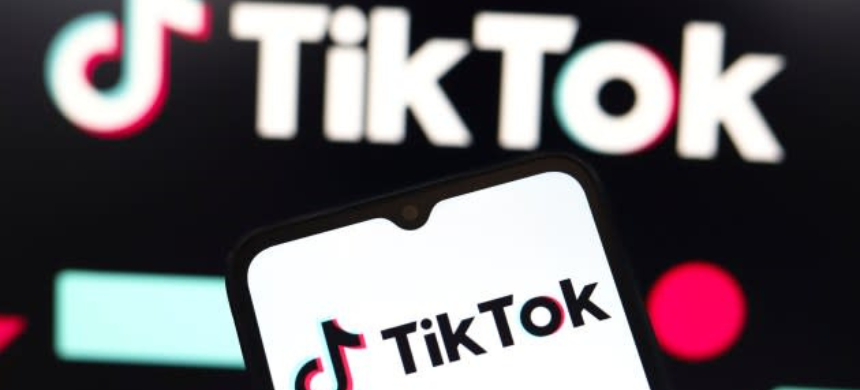US Appeals Court Upholds TikTok Sale Deadline Amid National Security Concerns
A U.S. federal appeals court has upheld legislation requiring Chinese-owned ByteDance to divest its popular short-video platform, TikTok, by January 19, 2025, or face a nationwide ban. The decision intensifies scrutiny on TikTok, which boasts 170 million American users, amid growing bipartisan efforts to address perceived national security risks posed by Chinese technology.
The three-judge panel—Sri Srinivasan, Neomi Rao, and Douglas Ginsburg—dismissed legal challenges from TikTok and its users, ruling that the law aligns with constitutional provisions. The panel emphasized the bipartisan nature of the legislation, describing it as a response to “a well-substantiated national security threat posed by the People’s Republic of China.”
TikTok to Appeal to Supreme Court
TikTok has announced plans to appeal the ruling to the Supreme Court. CEO Shou Zi Chew expressed disappointment, calling the decision a blow to its vast U.S. user base. Michael Hughes, a TikTok spokesperson, criticized the ban as “outright censorship,” arguing it infringes on the First Amendment rights of millions of Americans.
Digital rights groups, including the ACLU, have echoed these concerns, asserting that banning TikTok undermines free speech. Hughes stated, “This decision silences over 170 million voices without concrete evidence of harm.”
Rising U.S.-China Tensions
The ruling comes amid heightened U.S.-China tensions, with both nations imposing restrictions on critical industries. President Joe Biden’s administration has taken a hardline stance against Chinese technology, citing data privacy concerns. Previously, the U.S. enacted curbs on China’s semiconductor industry, prompting Beijing to retaliate by restricting exports of raw materials vital to U.S. tech production.
The Chinese Embassy in Washington condemned the ruling, describing it as “a blatant act of commercial robbery” and warning it could further strain diplomatic ties.
Read More: TikTok Fights US Ban in Critical Court Battle
National Security Concerns
U.S. officials have consistently highlighted national security risks associated with TikTok. Attorney General Merrick Garland praised the court’s decision as “a critical step in blocking Beijing’s ability to weaponize TikTok.” Proponents of the ban argue that TikTok could be used to spread propaganda, manipulate public opinion, and exploit user data.
TikTok has denied these allegations, emphasizing that American user data is stored domestically under Oracle’s management. However, critics remain skeptical, citing ByteDance’s ties to the Chinese government.
Montana Ban Sets the Tone
State legislatures have also taken steps against TikTok. Montana passed a statewide ban earlier this year, though it was temporarily blocked by a court order. These developments reflect growing legislative momentum to curb TikTok’s influence.
What’s Next for TikTok?
ByteDance now faces a tight deadline to divest TikTok’s U.S. operations, with less than two months to comply. The Supreme Court’s impending review could set a critical precedent for foreign-owned digital platforms in the United States.
For TikTok’s vast American user base, the prospect of losing access to the platform has raised concerns about shifting to alternative platforms. Until the legal battle concludes, the future of one of the world’s most popular social media apps remains uncertain.











